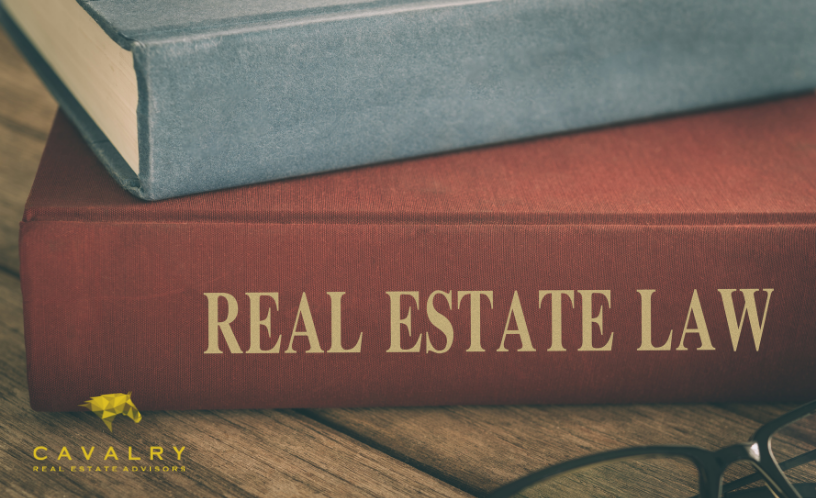How lawyers fit into your commercial real estate tax picture

“The truth!?!? You can’t handle the truth!!” – Jack Nicholson, A Few Good Men
I’d like to say property tax appeals are as thrilling as the court scenes in this iconic movie, but they’re not. (Sorry folks.)
The ACTUAL TRUTH (I promise, you can handle it) is that most appeals are resolved at administrative levels and rarely see the inside of a court room. As a matter of fact, in the two decades I’ve been in this line of work (4 of them working at a law firm), less than 1% of all cases end up in front of a judge. Even those appeals that are filed to court ultimately end being resolved prior to the actual court appearance.
Many people ask why that is and the answer is simple.
First, most taxpayers and jurisdictions don’t want to spend the money or time to argue a subjective opinion of value in front of a judge who may or may not see the issue as black and white and in many cases may simply split the difference.
Second, in jurisdictions that use a more formulaic approach to achieve equalization and uniformity, a ruling from a judge adjusting a methodology or some other formula-derived metric could establish case precedent that would be used as a bludgeon by other taxpayers who disagree with their assessment. Unfavorable court rulings that establish court precedent can be a death knell for taxing jurisdictions who apply similar valuation assumptions to large swaths of properties. In other words, if you have to change one, you may have to change them all.
I have spent time in previous posts writing about how court-level appeals and attorneys should not be the norm, and should almost always be the exception. That is still true. However, it would be unfair of me not to point out those instances when hiring a good lawyer is paramount and necessary.
In the very small number of cases where you have a complex valuation AND/OR a disagreement of what should or should not be taxed (e.g., double taxation, personal v. real property, etc.), sometimes you must force a court ruling to achieve relief. In those cases, the argument is less about opinion of value and more specifically an argument over what is legally permissible.
For example, I have served as an expert witness and valuation expert in court on behalf of clients that I also represented at the administrative levels of appeal. For some of those cases in particular, the issue centered around the question of what the jurisdiction was legally allowed to value and therefore “tax” as part of the assessment process.
One example was an assisted living facility whose entire gross income collected was being used to derive a value through an income approach. The problem there is that in virtually all jurisdictions, income streams associated with services or “business side” of the operating real estate should be excluded from real estate or real property assessments. In a future blog post I’ll go into more detail on the technical aspects of this, but the point is the argument was less about disagreement over certain assumptions within the valuation model and a fundamental question over what income generated at a property is permissible for assessment within the state’s legal guidelines.
In this particular case my appeal team was successful in reducing the assessment by 20% at the administrative levels. However, the various stakeholders were wary of reducing the value further because the outcome of our difference of opinion was binary in nature. Yes or no, black or white. No grey area. Because of the legal basis for our argument, we needed to pursue the matter in a court of law.
My legal team filed a petition with the court and through a series of meetings with the presiding judge during pre-trial hearings, case law was brought to light that weighed heavily on the judge’s opinion that our team’s case on behalf of the taxpayer were very much in the right in our legal standing. The state agreed to settle the case, saving our client more than $600,000 as a result.
In matters requiring a filing in a court of law, an attorney barred in that state is needed. This was one of those instances. From a Cavalry perspective, our work on behalf of the client at court didn’t cost the taxpayer anything. Our fee structure was the same at court as it was at the administrative levels of appeal and our legal team didn’t cost them a dime. In rare instances where an attorney is involved, our philosophy is to handle it in house, with our own legal team at no additional cost to our clients – seamless, streamlined and cost effective.
See, I said you could handle the truth.
BACK TO ARTICLES